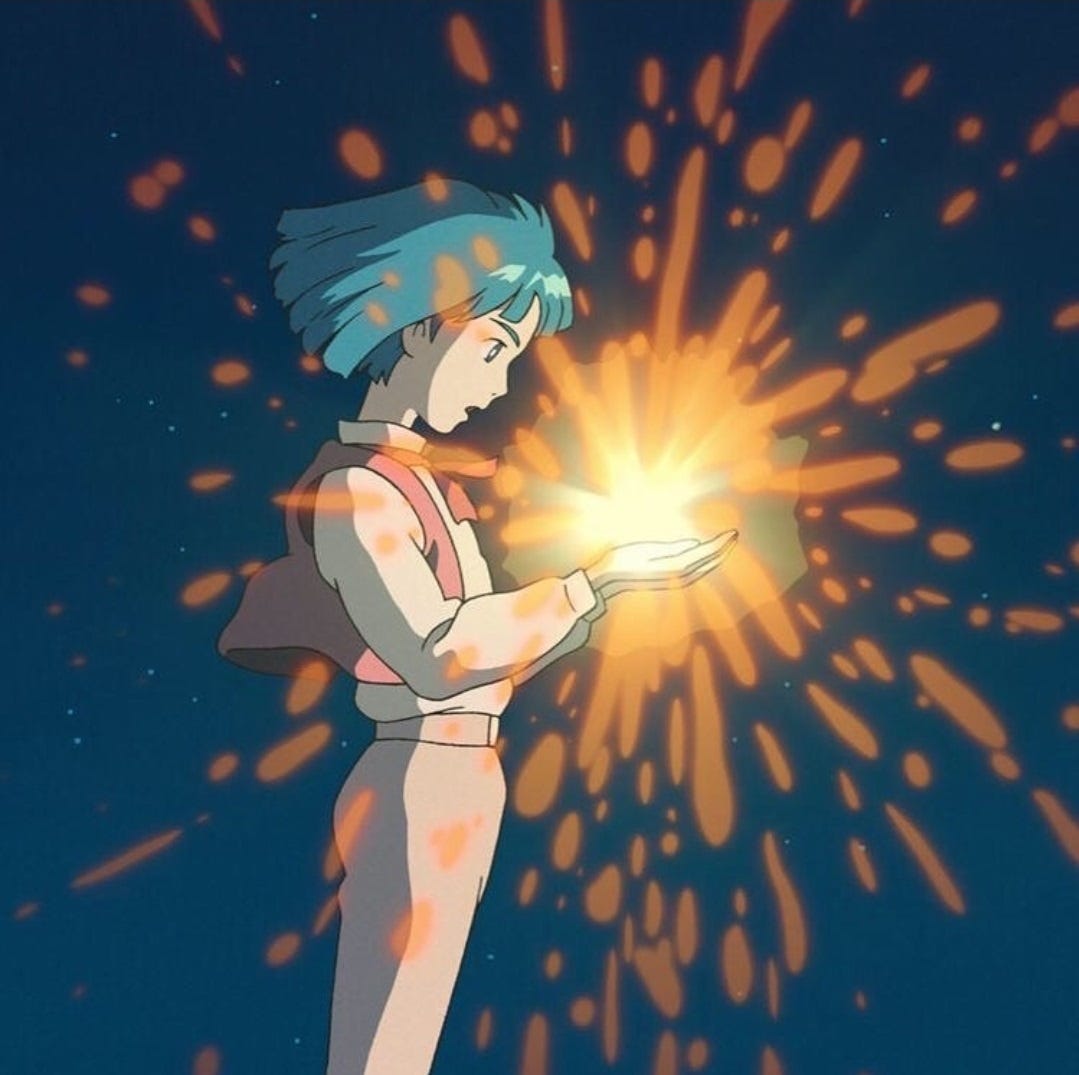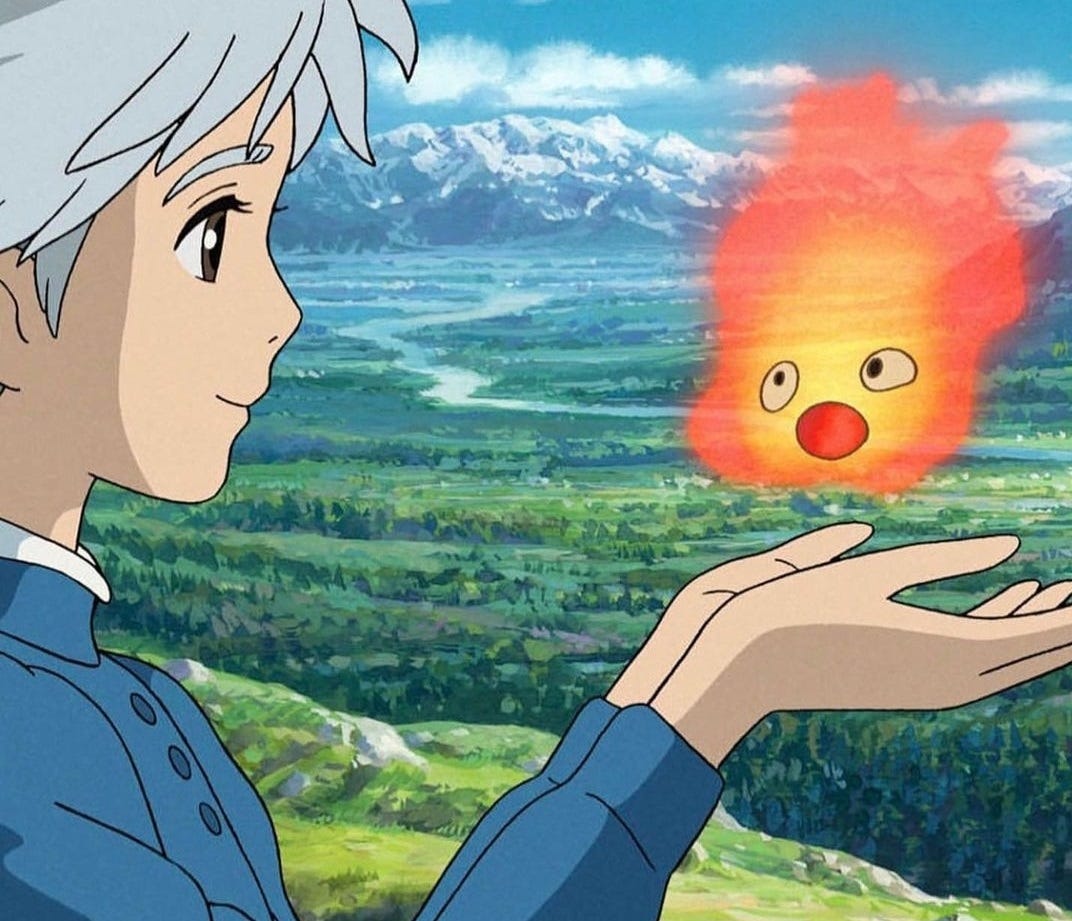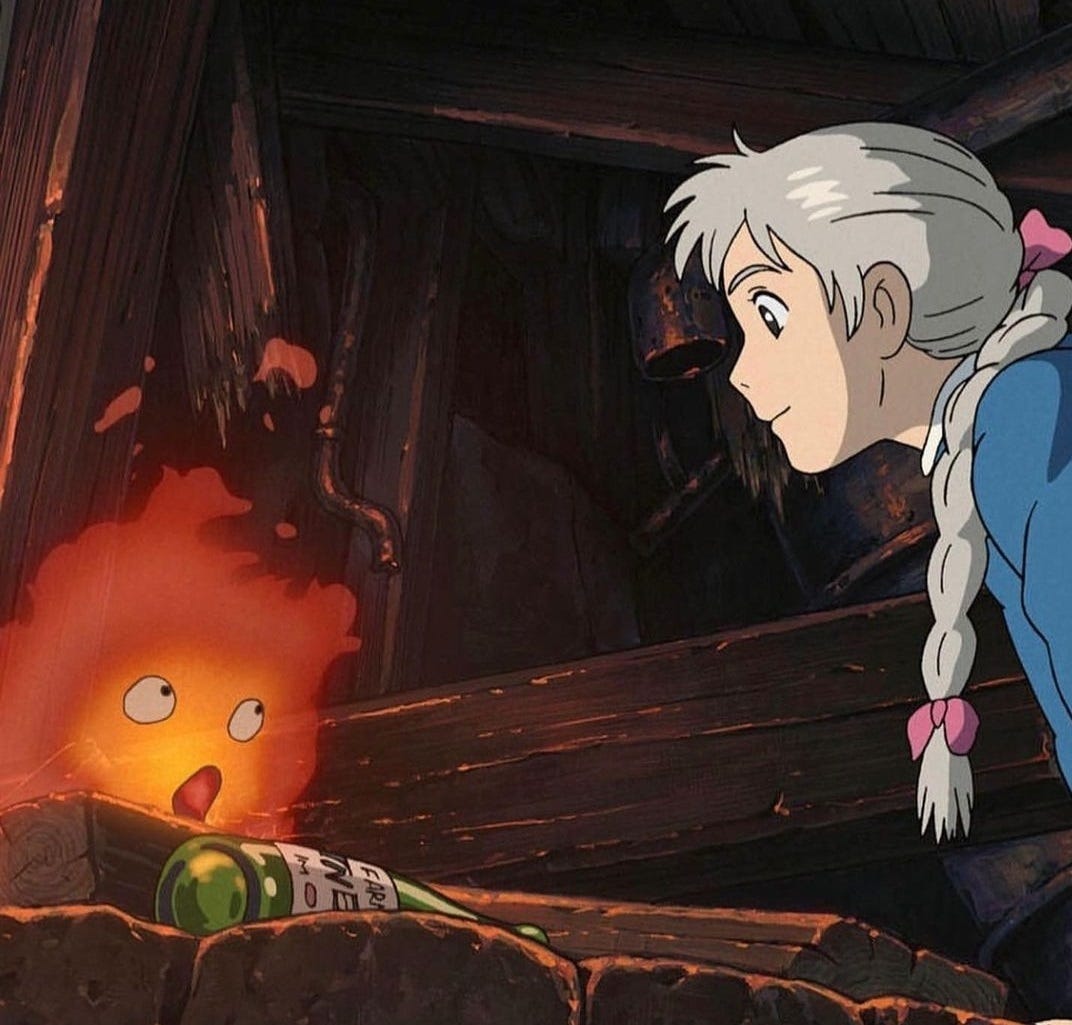I saw the disappointment in my father’s eyes when I finally told him that I didn’t believe in God. A devout man, my father naturally wanted to share his faith with his grandchildren, and I had to come out and say that I wanted to raise my boys a different way. To his credit, this was the one and only time I ever saw him look at me like that. I never once doubted my father’s love.
Welcome to the latest Updates From the Farm! If you are new here, I invite you to check out my About page to learn what this is, who I am and why I am doing this. Or just dive right in! At “Runamuk Acres” you’ll find the recantings of one lady-farmer and tree-hugging activist from the western mountains of Maine. #foodieswanted
Everything is Energy
Deeply connected to the natural world around me, I believe in the concept of energy rather than a specific deity per se. I observe the pagan holidays centered around the astronomical events─the solstices and equinoxes, Samhain, Imbolc, Beltane, and Lughnasadh─though I would not call myself a pagan. Like a druid, I follow the cycles of the moon, harvest herbs from the forest, use crystals and sometimes make moon-water, but I would not call myself a druid.
Personally, I tend to imagine we are all in this sea of cosmic energy. Everything is made up of energy─just as everything is made up of matter. Energy is transferable. It moves like a river. It can flow. It can stagnate. And just as there are rhythms to life on Earth, so too are there rhythms to the flow of the universe too.
Coming to the realization that my energy has the potential to influence those around me has helped me to become more mindful, even intentional, with my energy. Knowing the collective of energies can turn the tide one way or the other. Such is the Law of Attraction. What you focus on you create.
In that way, I believe we are able to create real magic, and when we do─magic is attracted to us. And we can cultivate those energies like a garden, too. Or, so I believe.
Big Magic
This belief in energy lends readily to personification, and I admit I have a tendency to personify just about everything─my car, my house, Old Man Winter, Mother Nature... That’s probably why
’s book, “Big Magic” has resonated so well with me.Reaffirming my beliefs about energy, magic and the Universe, she opens the door to the personification of creativity, encouraging the creative individual to take a closer look at inspiration:
“Q: What is creativity? A: The relationship between a human being and the mysteries of inspiration.”
I pondered that as I listened to Liz’s words. The version of “Big Magic” available on audible is read by Gilbert herself, and it’s been quite the treat to listen to while working in the kitchen.
Liz says:
“I believe that our planet is inhabited not only by animals and plants and bacteria and viruses, but also by ideas. Ideas are a disembodied, energetic life-form. They are completely separate from us, but capable of interacting with us—albeit strangely. Ideas have no material body, but they do have consciousness, and they most certainly have will. Ideas are driven by a single impulse: to be made manifest. And the only way an idea can be made manifest in our world is through collaboration with a human partner. It is only through a human’s efforts that an idea can be escorted out of the ether and into the realm of the actual.”
Somehow Liz has put into words a concept I never knew I knew. It was a suspicion I was never able to verbalize─something I just knew in my gut. She went on to talk about the Greeks and the Romans, opening my eyes to the potential of my situation as a creative.
“But the Greeks and the Romans both believed in the idea of an external daemon of creativity—a sort of house elf, if you will, who lived within the walls of your home and who sometimes aided you in your labors. The Romans had a specific term for that helpful house elf. They called it your genius—your guardian deity, the conduit of your inspiration. Which is to say, the Romans didn’t believe that an exceptionally gifted person was a genius; they believed that an exceptionally gifted person had a genius. It’s a subtle but important distinction (being vs. having) and, I think, it’s a wise psychological construct. The idea of an external genius helps to keep the artist’s ego in check, distancing him somewhat from the burden of taking either full credit or full blame for the outcome of his work. If your work is successful, in other words, you are obliged to thank your external genius for the help, thus holding you back from total narcissism. And if your work fails, it’s not entirely your fault. You can say, “Hey, don’t look at me—my genius didn’t show up today!” Either way, the vulnerable human ego is protected. Protected from the corrupting influence of praise. Protected from the corrosive effects of shame.”
Elizabeth Gilbert had just blown. my. mind. Suddenly it all made sense to me. Everything inside me said “yes─THIS is right.”
Calcifer
So there I am washing the dishes while Liz is telling me how the Greeks and Romans believed in this idea of an external daemon of creativity. And, in my weird little mind I’m picturing my creative daemon as Calcifer, from the novel and animated movie, “Howl’s Moving Castle”.
I mentioned my love affair with Hayao Miyazaki in my recent post “Miyazaki Marathon”. For those who may be unfamiliar, Miyazaki is a Japanese storyteller and animator who creates these beautiful earth-centric films produced by Studio Ghibli.
One of the things I love most about his work are the rich characters he creates. Each of them quirky and well-rounded, with a surprising depth that makes them relatable and loveable. If you want to look at character development in your writing, I strongly encourage you to check out Miyazaki’s movies.
Calcifer, the fire daemon, is one of my favorite Miyazaki characters.
A Magical Contract
The story goes that Calcifer originated as a fallen star that Howl was able to catch before he fell to Earth and was extinguished. Howl, a young apprentice wizard, offered to keep Calcifer alive in the same way humans stay alive. Calcifer suggested a magical contract between the two of them. In exchange for the wizard’s heart, which would keep the daemon alive, Howl would have access to Calcifer’s extensive magical abilities.
Manifesting as a ball of fire with a quirky, yet loveable personality, Calcifer was the first thing that popped into my mind as Liz read her book aloud to me. I don’t watch much in the way of suspenseful monster movies, so naturally he was the first daemon that I would think of, lol.
Liz’s observations of the Greek and Romans’ belief in an external daemon of creativity stuck with me. I began imagining my own creative daemon as a living entity as well.
Then, during my recent Miyazaki Marathon, I watched this one scene─this one part of a movie I’ve seen umpteen times before─and suddenly I saw it in a whole new way.
“I’ll Need Something of Yours”
In this scene, Calcifer is in a severely weakened state. Sophie empowers the daemon to save the man she loves by moving the “house”─signaling to Howl that the castle is no longer attached to the shop.
“I know you can do it,” Sophie tells the fire daemon. “I’ve never seen a fire with more spark.”
Calcifer reluctantly agrees, “Alright, but I’ll need something of yours, Sophie. I can’t do it by myself.”
Sophie sacrifices her thick, long plait of hair, and Calcifer gobbles it up. He glows blue with power and swells into a great, muscled hulk, lifting the castle up onto it’s chicken legs and scuttling across the ridges of mountains.
A Partnership With Creativity
In that moment, it occurred to me that our creativity grows stronger too, when we feed parts of ourselves into it. I wondered, what if…
What if, instead of struggling alone to bring inspiration to life, what if we formed─not necessarily a “magical contract”, but rather─a partnership with creativity? What would that look like?
What if we practiced intentionally growing our creativity? What if we make space in our lives for our creative daemon or muse? And what if we’re more mindful of the opportunities creativity presents to us?
Likely, that relationship will manifest differently for every creative. For me it sometimes looks a bit like seduction─inviting creativity to have it’s way with me in the wee hours of the night. While other days it’s more like a picnic lunch with a good friend. The kind of friend you can bounce ideas off of. A friend who always makes you think about things in a surprising new way…
In the wake of this realization. I have set about using intention to build a better relationship with my creativity. Imagining him as a life-form in his own right relieves much of the pressure associated with creating. I feel inspired─freer than I ever have to create from a place of authenticty, and I look forward to what might come of this new partnership.
Stay tuned, my friends!
All of this pondering has made me curious─how do others nurture THEIR creativity? What do you think about Liz’s concept of ideas as life-forms in their own right? And what or who would your creativity look like if it were personified? Leave a comment below to share with us!
Sending love and good juju to you and yours.
Your friendly neighborhood farmer,
Sam
Thank you for following along with the story of this lady-farmer! It is truly a privilege to live this life serving my family and community, and protecting wildlife through agricultural conservation. Check back soon for more updates from the farm, and be sure to follow @RunamukAcres on Instagram or Facebook!
Runamuk Acres Conservation Farm is a reader-supported publication. To receive new posts and support my work, consider becoming a free or paid subscriber.







